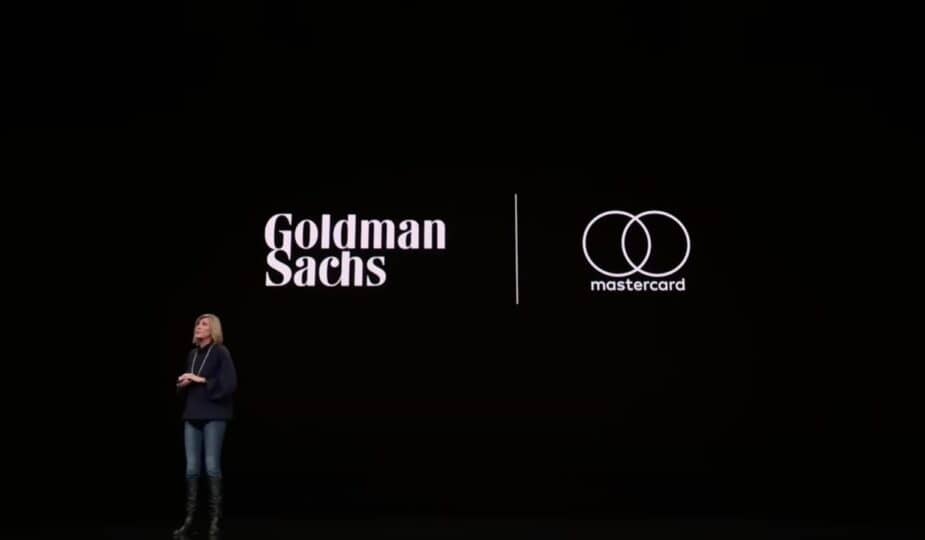
Update: In a statement to 9to5Mac, an Apple spokesperson said the company strongly disagrees with the CFPB’s “characterization of Apple’s conduct.” However, the two sides “have reached an agreement”:
Apple is committed to providing consumers with fair and transparent financial products. The Apple Card is one of the most consumer-friendly credit cards available and was specifically designed to support users’ financial well-being. After learning of these unintended issues years ago, Apple worked closely with Goldman Sachs to quickly resolve them and help affected customers. While we strongly disagree with the CFPB's characterization of Apple's conduct, we have reached an agreement with them. We look forward to continuing to provide our Apple Card customers with a great experience.
Apple also emphasizes that Apple Card is focused on financial wellness, including an interest calculator, Apple Card Family, no fees, and more. There's also a Path to Apple Card program to help customers improve their financial wellness.
Apple and Goldman Sachs have officially been hit with more than $89 million in fines due to “Apple Card failures.” The Consumer Financial Protection Bureau announced the decision today after a multi-year investigation into Apple Card.
While Goldman Sachs was initially expected to be on the hook for the fines, it turns out Apple itself will have to pay, too.
The CFPB says the fines will be broken down as follows:
- Goldman Sachs to pay at least $19.8 million in restitution
- Goldman Sachs to pay $45 million civil penalty
- Apple to pay $25 million civil penalty
The CFPB also “prohibits Goldman Sachs from issuing a new credit card unless the company provides a credible plan to show that the product will actually comply with the law.” With Goldman Sachs set to exit the consumer credit card business entirely, this will likely come as a sweetheart to the company.
During its years-long investigation, the CFPB found multiple points of failure for the Apple Card.
First, Apple failed to submit “tens of thousands of consumer disputes” to Goldman Sachs. And when those disputes were submitted to Goldman Sachs, the bank “failed to comply with numerous federal requirements to investigate the disputes.”
The CFPB alleges that Apple and Goldman launched the Apple Card “despite warnings from Goldman third parties that the Apple Card’s payment dispute system was unprepared due to technology issues.”
Failures related to disputes and chargebacks resulted in “consumers facing long waits to get refunds on disputed charges, and some had inaccurate negative information added to their credit reports.”
Second, the CFPB found that Apple and Goldman Sachs “misled consumers about interest-free payment plans for Apple devices.”
Many customers thought they would automatically receive interest-free monthly payments when they purchased Apple devices with their Apple Card. Instead, they were charged interest. In some cases, Apple didn’t even display the interest-free payment option on its website in certain browsers. Goldman Sachs also misled consumers about how certain refunds would apply, which resulted in consumers paying additional interest fees.
Goldman Sachs is also accused of “misleading cardholders about refunds,” which resulted in customers paying additional and unexpected interest:
Cardholders with the Apple Card monthly installment plan essentially had two card balances — a plan balance and a revolving balance with interest. For more than 10,000 cardholders, Goldman Sachs misled consumers about how it would apply certain refunds between the two balances. Contrary to Goldman’s representations, portions of refunds for unrelated purchases were applied to the no-interest plan balance instead of the revolving balance with interest. As a result, consumers incurred additional and unexpected interest charges.
You can read the full CFPB ruling on the agency’s website.
The CFPB’s ruling comes as Goldman’s losses from its consumer business continue to mount, recently surpassing $6 billion. As such, Goldman is working to exit its partnership with Apple entirely. Talks between Apple and JPMorgan Chase are said to have begun earlier this year, but there is no firm timeline for a deal.
Meanwhile, Apple has touted the continued success of the Apple Card, including its continued leadership in J.D. Power's rankings:
- Apple Card continues to be a hit with consumers despite Goldman Sachs turmoil
- Apple Card is the best free co-branded credit card, according to J.D. Power survey
- Apple Card wins J.D. Power customer satisfaction survey again
- Apple Card touts Apple Card's success in J.D. Power rankings two years after launch
CardPointers helps users earn more points everywhere they shop, for free. With CardPointers+, most users save over $750 per year, and for a limited time, you can save 30% off the regular price. – verified affiliate link*
Follow Chance: Threads, Twitter, Instagram, and Mastodon.








